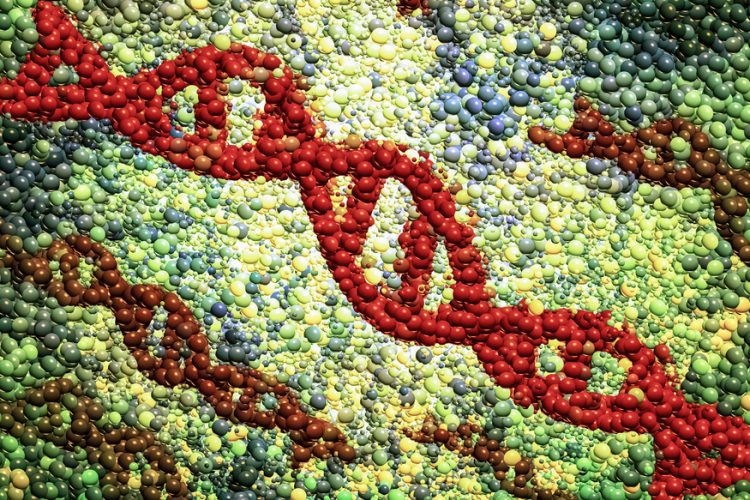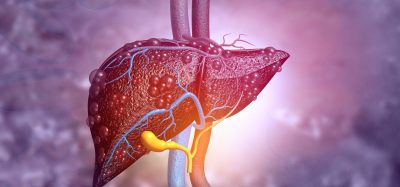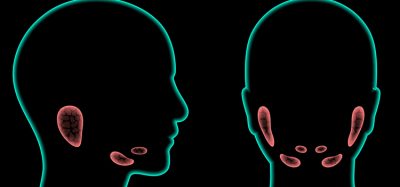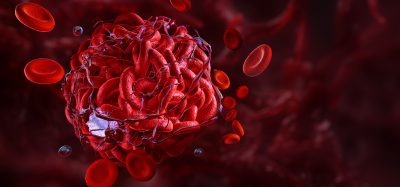A link between Huntington’s disease and rheumatoid arthritis identified
Posted: 15 May 2018 | Dr Zara Kassam (Drug Target Review) | No comments yet
Epigenomic analyses may lead to other unexpected findings and novel therapeutic drug targets for many diseases


Using new analytic tools, researchers at University of California San Diego School of Medicine and the Icahn School of Medicine at Mount Sinai have decoded the epigenetic landscape for rheumatoid arthritis (RA), a common autoimmune disease that affects more than 1.3 million Americans. In unveiling RA’s epigenome — the proteins and molecules that decorate DNA and help turn genes on and off — scientists made a surprising discovery: an overlap between the causes of RA and Huntington’s disease, a fatal and incurable genetic brain disease.
The research team, led by senior author Dr Gary S. Firestein, Dean and Associate Vice Chancellor of Translational Medicine at UC San Diego School of Medicine, said the unexpected connection between RA and Huntington’s disease opens up the possibility of new therapeutic targets and drugs for both conditions.
“We did not expect to find an overlap between rheumatoid arthritis and Huntington’s disease, but discovering the unexpected was the reason that we developed this technology. Now that we have uncovered this connection, we hope that it opens a door for treatment options for people living with either disease,” said Dr Firestein.
The investigative approach used by the research team involved developing a novel algorithm, or set of computational rules, called EpiSig, which integrated and reduced the number of epigenetic combinations in the genes of patients with RA. The team could then identify new cell signalling pathways.
“Comparing different types of epigenomic data is difficult because it involves a variety of different data subsets that cannot normally be analysed together, including various methods in which DNA gets modified,” said Dr Wei Wang, Professor of chemistry, biochemistry and cellular and molecular medicine at UC San Diego School of Medicine.
“This methodology can also be used to find connections between other diseases, not just rheumatoid arthritis,” added Dr Firestein. “As genes involved are discovered, researchers can potentially identify new treatment options and even repurpose existing drugs.”
Dr Firestein and team studied the epigenome in cells from the joints of patients with RA. Patients with osteoarthritis, which is a disease of cartilage degeneration, served as a control group. Both data sets were analysed through an expansive process that examines chromatin, DNA and histone modifications. The results produced 12 terabytes of data (12 trillion bytes) that were then analysed using EpiSig.
“By revealing the comprehensive epigenetics behind rheumatoid arthritis, we now have a better understanding of this disease. More importantly, our new approach, could not only help patients with rheumatoid arthritis but also people with other immune-mediated diseases,” Dr Firestein said.
The findings are published online in Nature Communications.
Related topics
Disease Research, DNA, Epigenetics, Research & Development
Related conditions
Huntington's disease, rheumatoid arthritis
Related organisations
Icahn School of Medicine at Mount Sinai., University of California San Diego School of Medicine
Related people
Dr Gary S. Firestein, Dr Wei Wang







